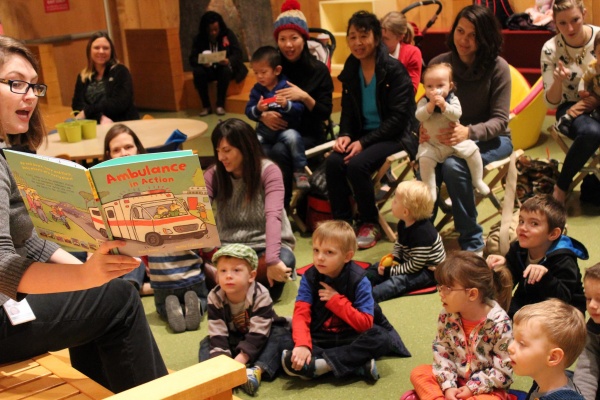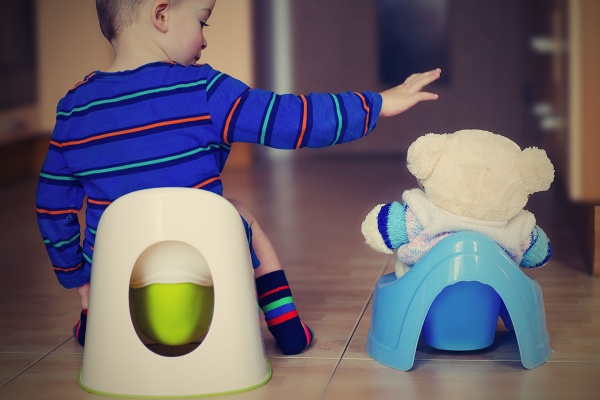
5 Ways to End the Homework Wars
French President Francois Hollande made headlines recently  when he proposed a total ban on homework as part of his effort to reform France’s educational system. In related news, I am now officially moving to the land of crusty baguettes and smelly cheese.
when he proposed a total ban on homework as part of his effort to reform France’s educational system. In related news, I am now officially moving to the land of crusty baguettes and smelly cheese.
Okay, that last part isn’t true. Packing up my family and moving across the ocean to a place where we don’t even speak the language might not be the most practical — or, you know, mature — way to avoid the nightly homework assignments that have come to plague my very existence.
My daughter is big ol’ third grader this year, and apparently she’s joined the big leagues, where thirty minutes of homework a night — ten minutes per grade level — is the rule rather than the exception. Personally, I don’t remember having homework in third grade. Or fourth grade. Or fifth grade. But then I also walked five miles to school in the snow.
Homework, at least the way we do it at our house, usually involves several dramatic eye rolls and the clear implication that I am, like, the meanest mom ever. Occasionally, there are tears and tantrums. Sometimes, there is the death stare — which I’m pretty sure can be loosely translated as “How can you possibly be so stupid, woman? That does not even remotely answer my question?”
Putting twelve spelling words in alphabetical order really has a way of bringing out the best in a mother-daughter relationship.
Clearly, I’m not a fan of homework, at least not this early in the game. But with two young children and more school years ahead of me than I care to count, there’s no escape in sight -- and I have a sneaking suspicion I’m not the only parent who feels more than a little trapped.
So how can we ensure that our kids are acquiring the knowledge they need to succeed while still preserving what little sanity we have left? I’m no expert, but I have done my own “homework,” and I’ve uncovered some of the top techniques parents can use to end to the homework wars once and for all.
Establish expectations clearly.
Students are less likely to complain about homework — and more likely to complete it efficiently — when it’s a normal part of their daily routine. Create a comfortable “homework nook” that is well-stocked with supplies like paper, pencils, and calculators, and set clear rules about when you expect homework to be completed.
Land your helicopter.
It’s easy to be “that” parent — the so-called helicopter mom or dad who can’t quite manage to cut the imaginary umbilical cord. But unless your child is clearly struggling, you don’t need to hold her hand through every assignment (and you’ll only make yourself crazy if you do).
You can still make sure she has the study skills necessary to stay on track, and be available to answer questions, but you should also be willing to step back and see how she handles the challenge on her own. She’ll probably surprise you and learn a few things in the process.
Know when to get outside help.
I worked for a tutoring company before I had kids, so you might think I would be the ideal candidate to help my daughter with her homework. It turns out that nothing could be further from the truth. Maybe I’m just more patient with other people’s children — or maybe I simply don’t enjoy having to Google and then explain “expanded form addition” while wrangling a 4 year-old and trying not to burn dinner.
The bottom line is that sometimes parents need help, and fortunately, it’s available when we do. Sure, hiring a tutor might get expensive, but it can also be worth the peace of mind that comes from knowing that you won’t be the one struggling though those nightly math worksheets.
Limit the amount.
Not everyone is convinced that homework is beneficial. According to author and educator Alfie Kohn, homework creates family conflict, leaves less time for other activities, lessens interest in learning, and is both a burden on parents and a source of stress for children. In his book The Homework Myth, Kohn even goes so far as to state that “there is no evidence of any academic benefit from homework in elementary school.”
Is this true? Maybe or maybe not, but Kohn’s argument is worth considering if you’re feeling overwhelmed by the number of assignments arriving home daily in your child’s backpack. And while few teachers are likely to eliminate homework completely, almost all are willing to work with you if you bring your concerns to their attention.
Watch your language.
As parents, we often talk about homework as a battle to be fought or a war to be won, but talking this way makes it sound — and can make us feel — like our children are the enemy. They aren’t. We should be working with our kids, not against them, to ensure that they’re learning the lessons they need to learn to grow into the people we want them to be.
In the end, the absolute best way to win the homework war is to simply refuse to fight it.
Or we could all just move to France. I hear Rosetta Stone works wonders.
How much time do your children spend doing homework each night? Are there homework wars in your house?

By Alyssa Chirco, SmartMama blogger for SmartParenting

Alyssa Chirco is a freelance writer, mother and margarita lover, not necessarily in that order. In addition to writing for STL Parent, she is Contributing Editor at Parenting Squad, and covers parenting, health and lifestyle topics for publications across the country. She recently moved from the suburbs of St. Louis to a small town in rural Jefferson County, where she is learning to survive with no Target or Starbucks in sight. Follow her on Twitter @AlyssaChirco





















